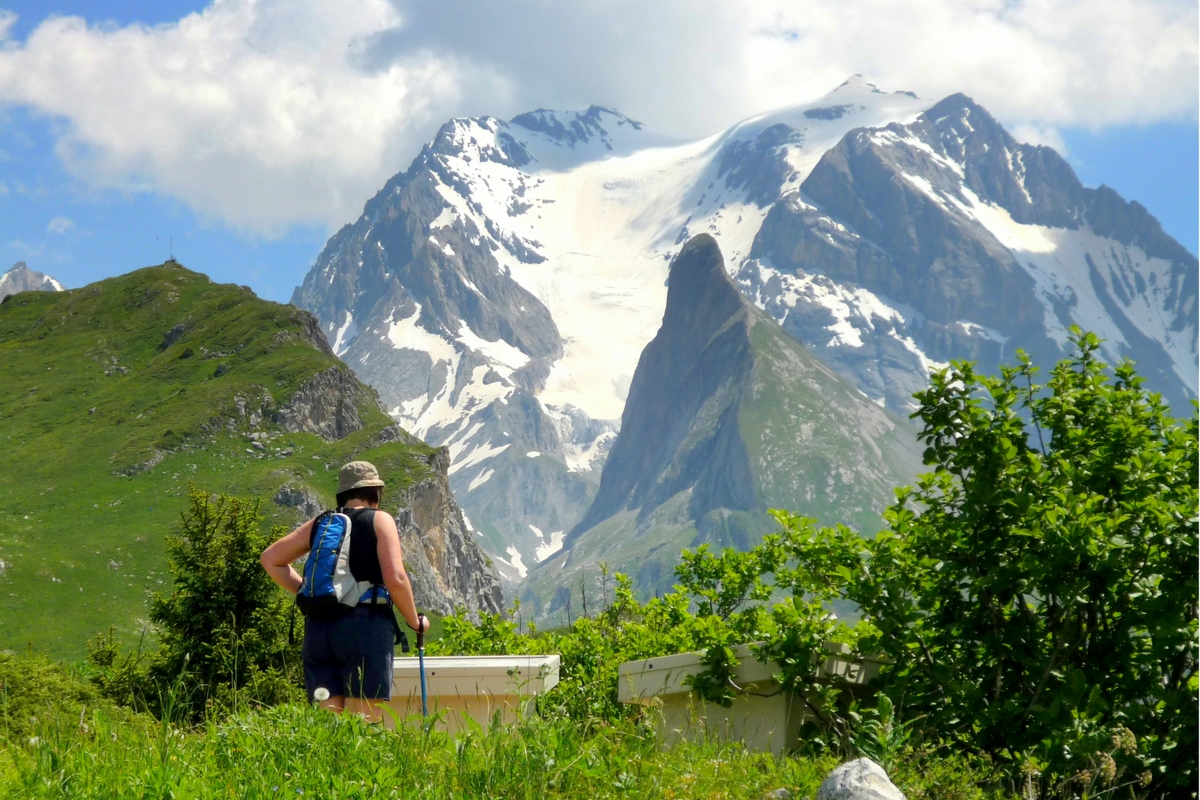Backpacking is an incredibly exciting hobby: you get to travel the world, hike in beautiful locations, and disconnect from the usual 9-to-5 lifestyle.
But what if your tent leaks during heavy rain? Or even worse — you’re stranded somewhere without help?
In this article, you will find the most essential items you should take on your backpacking journey, the ones experienced travellers trust the most.
8 essential backpacking items
Ultralight Tent to Withstand Any Weather Conditions
Your first backpacking trips will most probably hurt your back, as newbies tend to overpack.
To avoid that, you can still take everything you want along, but invest in ultralight gear, such as a reliable tent.
Make sure it is made with completely waterproof material, so it doesn’t leak when it rains.
Additionally, test the tent in advance and look for reviews about different weather conditions.
It should always withstand harsh winds, snow, dust storms, and more.
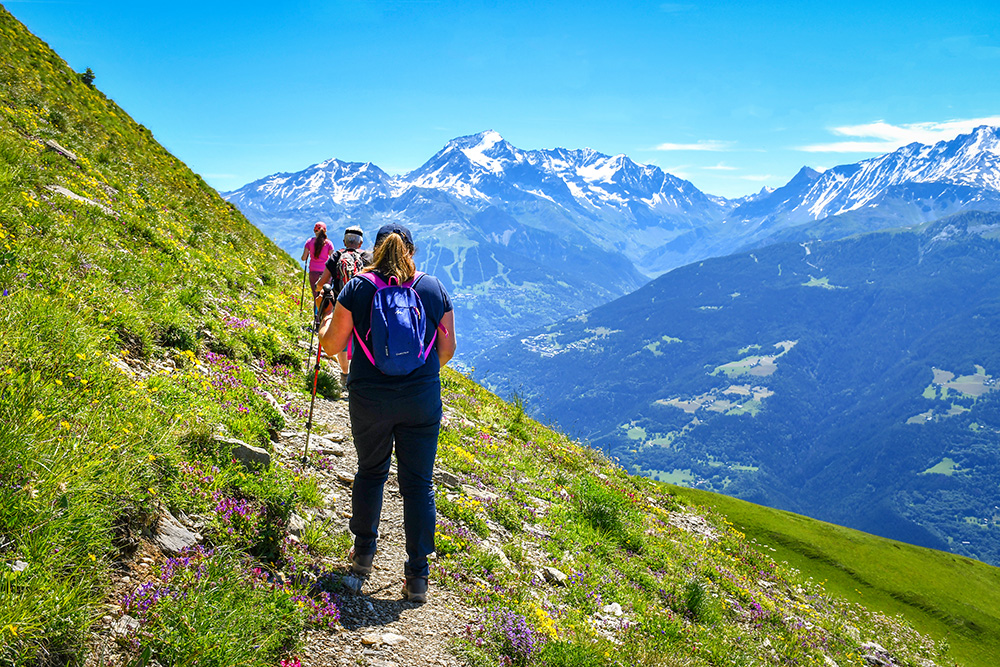
Rechargeable Headlamp to Light the Way
Most headlamps you find online use external batteries, usually AAAs.
While it’s great for temporary blackouts at home, it’s not enough for hiking and backpacking around the world.
You will find yourself exhausted, carrying around packs of batteries, and searching for them in your backpack.
USB-rechargeable headlamps lead the movement, as they don’t need additional batteries: you can just plug them into your power bank and charge them quickly.
Look for a lamp that can work for more than 100 hours on the lowest setting, and it will become your lifesaver.
eSIMs to Remain Connected Anywhere
As a backpacker, you will travel across many countries, each one requiring a suitable mobile phone plan to stay connected.
Buying SIM cards at the airport and swapping them every time gets annoying really fast.
That’s where eSIMs come in. With an eSIM, you don’t have to swap out cards at all — you just sign up for a plan that you like and use it.
When it’s time to fly to another location, you change that plan through an app, and you’re done.
No need to look for Wi-Fi spots or buy overpriced SIMs at the airport.
Satellite Messenger for Emergencies
Not all backpacking journeys are sunshine and rainbows.
In some cases, you will get lost or injured.
Then, you’ll have to call for help.
But what if you’re way out of cellphone range or your smartphone is dead?
Satellite messengers are a perfect backup.
These tiny devices allow you to send an S.O.S signal, get instant assistance, and even message your loved ones when cell service is off.
Some devices also provide backpackers with weather forecasts.
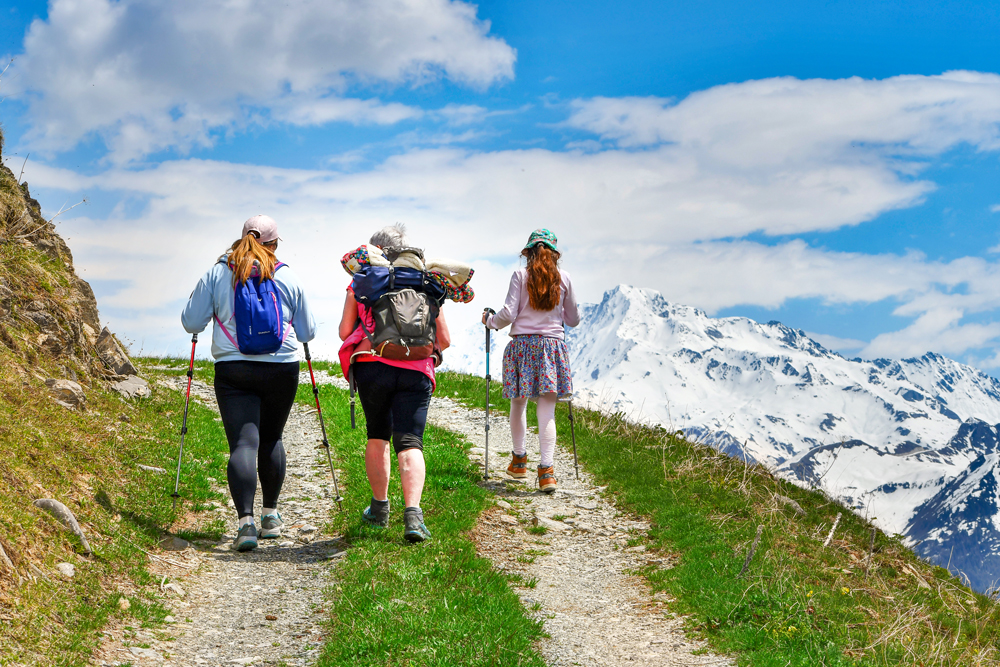
Stove to Cook Balanced Meals
You can’t stay in the wilderness without a reliable stove.
You can make coffee in the morning, enjoy your evening tea, cook meals, and simply stay warm with a good stove.
Depending on your requirements, you can invest in an ultralight, supersmall stove that is perfect for boiling water for drinks and dehydrated meals.
If you need more and can carry more weight, you can also get a more stable one with a bigger fire for actual cooking.
VPNs to Browse Securely
Whether you prefer hiking in the mountains throughout your whole trip or resting in a hotel room for most of it, you will likely connect to a local free Wi-Fi spot at one point or another.
Did you know that those hotspots are not secure?
Since they are shared, anyone can connect.
Bad actors use them to infiltrate other users’ devices and steal sensitive data.
If you connect through a free VPN, however, everything you send and receive will be encrypted, meaning that no one will be able to see it without authentication.
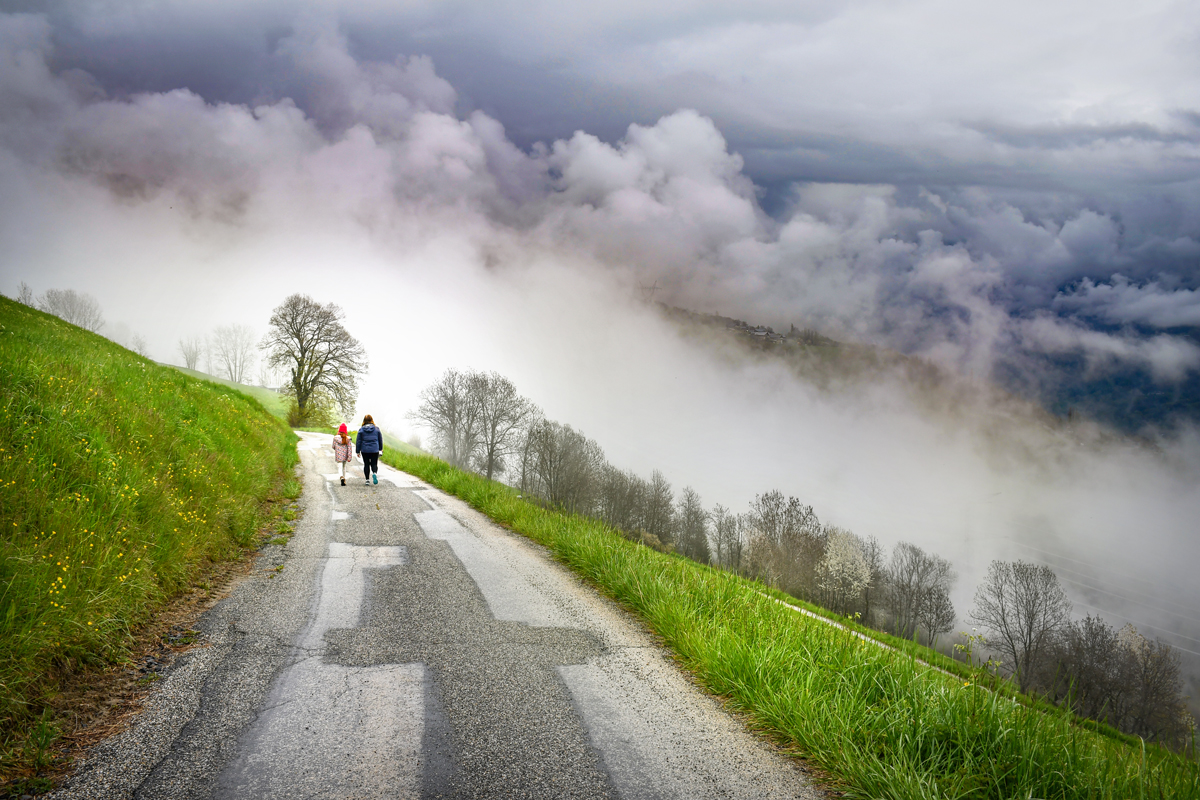
Water Filter to Drink Purified, Safe Water
Spending most of the time on the trail means that you’ll have to find ways to refill your water bottle.
The water you drink and use for cooking should be clean and safe to consume, so finding the right gear for it is vital.
The market for backpackers is full of options, and you will definitely find something suitable.
When purchasing a water filter, ensure that it is durable and can hold up to many uses.
They come with automatic purification, tubes, pumping, and squeezing systems.
Some work faster than others, and your choice will depend purely on what you find the most convenient on a hike.
Trekking Poles to Stay Stable
For some, trekking poles seem like a burden.
Why would you take additional weight with you?
Yet, these are not just unnecessary sticks — they support your leg muscles and joints, so you can go on more backpacking trips even when you’re older.
Knee pain, slips, falls, sprains, and more can be avoided by using trekking poles.
Furthermore, you’ll find yourself climbing hills a lot faster and easier!
The poles you choose should have a good grip on them, so your hands don’t hurt when you use them.
Look for those you can adjust in length.
Consider lightweight foldable options so they don’t weigh you down.
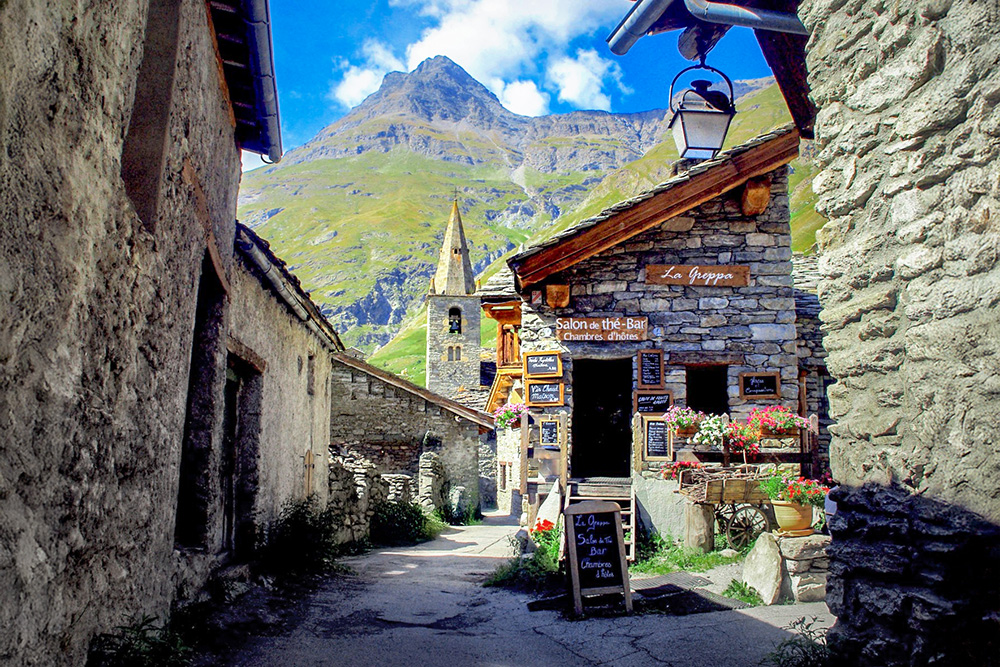
Travelling or Hiking — You’re Ready for It
Backpacking can be stressful. You might get lost, injured, stuck in heavy rain, or have your sensitive data stolen.
Thankfully, you can prevent all of this by investing in reliable gear and tools.
These essential items will make your trip much more enjoyable, if not perfect!

